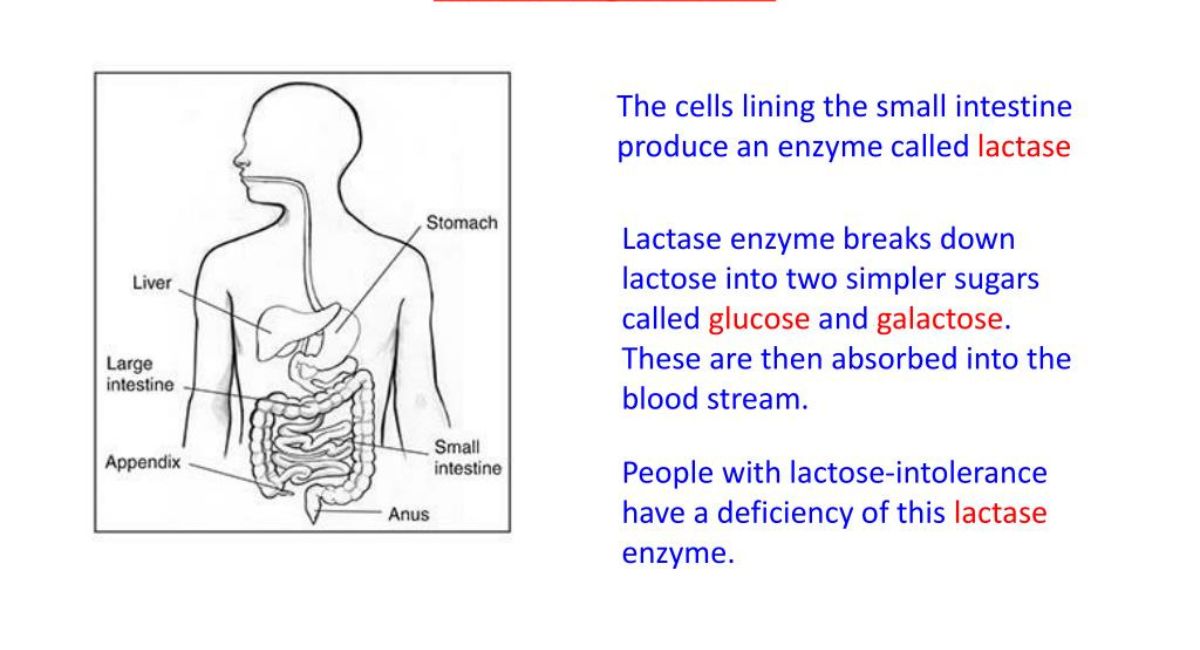Sometimes you lie in bed wondering if that glass of milk you had before sleep is helping or hurting your weight loss goals. You’ve heard friends and online experts say different things, which leaves you even more confused. You want to do the right thing but don’t know if milk at night slows fat burning or boosts it.
This blog will clear up the confusion about is drinking milk at night good for weight loss. You’ll discover what science says about nighttime milk, how it affects hunger, metabolism, and sleep quality, and whether it supports or blocks fat loss. By the end, you’ll know exactly how to fit milk into your healthy routine with confidence.
Why People Believe Drinking Milk at Night Affects Weight Loss
For decades, Americans linked warm milk before bedtime with comfort and better sleep. Because of its protein and minerals, milk feels like a nourishing option when hunger strikes late at night. Many think does milk at night help burn fat or calm the body enough to reduce stress-related eating. Others believe that milk for hunger control before sleep keeps snacking in check and prevents over-eating the next day.
However, experts caution that beliefs about milk timing and weight management come from tradition rather than science. While some studies show a mild benefit for dairy intake and sleep quality, most results point to total calorie balance over the full day. Knowing where these ideas come from helps separate myth from reality.
Nutritional Profile of Milk and Its Impact on Nighttime Metabolism

A single cup of milk brings calories, protein, calcium, and natural sugars. These nutrients affect bedtime milk calories and can influence your metabolic rate during sleep. Skim milk offers fewer calories than whole milk but still gives valuable protein and calcium. Plant-based options like soy or almond milk change the fat and sugar profile, which affects circadian rhythm and metabolism differently.
Here’s a quick look:
| Type of Milk (1 cup) | Calories | Protein (g) | Fat (g) | Calcium (mg) |
|---|---|---|---|---|
| Whole Milk | 149 | 8 | 8 | 276 |
| Skim Milk | 83 | 8 | 0 | 299 |
| Soy Milk (unsweet.) | 80 | 7 | 4 | 300 |
| Almond Milk (unsweet.) | 30 | 1 | 2.5 | 200 |
Choosing the right milk affects your overnight calorie expenditure and how your body digests nutrients while you sleep.
How Milk Influences Hunger Hormones, Sleep Quality, and Fat Burning
Milk contains protein, tryptophan, and minerals that can interact with hunger hormones like leptin and ghrelin. These hormones regulate how full you feel and how often you wake up hungry at night. Some evidence shows milk may help release melatonin and support deep sleep, which indirectly helps weight control.
The role of protein and calcium in fat burning also matters. Protein keeps muscles strong, and calcium influences how fat cells store energy. Together, they may support milk and fat burning hormones during rest. Good sleep lowers stress and improves your metabolism, which can help with weight management over time.
Does Drinking Milk Before Bed Support or Hinder Weight Loss?
Research on case studies on milk and fat loss gives mixed results. Some people who added milk before bed reported better hunger control and stable weight. Others noticed slight weight gain when calories weren’t adjusted elsewhere. It’s not the milk itself but how it fits into your full-day nutrition.
Experts stress that focusing on milk timing and weight management misses the bigger picture. Your total calorie intake, food quality, and activity level determine results far more than a single beverage at night.

Digestion, Metabolism, and the Timing of Milk Intake at Night
The body processes food differently during the day than at night. Lactose digestion at night may slow for some people, leading to bloating or discomfort. Others handle late-night milk just fine. Understanding your tolerance helps you decide whether bedtime milk works for you.
Your circadian rhythm and metabolism also influence calorie burning. While sleep lowers energy needs, your body still repairs tissues and balances hormones overnight. This means overnight calorie expenditure still happens, though at a slower rate than during active hours.
Common Myths and Misconceptions About Drinking Milk at Night
Many people still believe that any milk after dark leads to instant weight gain. This is one of the biggest weight loss and dairy consumption myths. In reality, it’s your overall nutrition pattern that matters. Drinking milk within your daily calorie range rarely causes fat gain on its own.
Another myth is that milk disrupts digestion at night. While this may happen for lactose-intolerant people, others experience no problems with late-night milk and digestion. Listening to your body and adjusting portion sizes makes a difference.
Lifestyle Factors That Matter More Than Timing of Milk
If you want results, focus on lifestyle changes for sustainable weight loss. Regular exercise, balanced meals, and proper sleep do more for fat loss than the hour you drink milk. You can drink milk at night as long as your overall plan supports your goals.
People often ignore stress, poor sleep, and irregular eating patterns. Yet these factors can slow your metabolic rate during sleep more than any beverage. Consistency in healthy habits creates steady progress.
Using Ayurveda and Natural Remedies to Support Healthy Weight Loss
Traditional practices view milk as grounding and calming. Ayurveda and milk for weight loss emphasizes warm milk with spices like turmeric, ginger, or cinnamon to improve digestion. This approach combines natural remedies to support weight management with mindfulness before sleep.
Modern science partially supports these ideas. Certain spices enhance thermogenesis and may help with fat metabolism. However, results depend on total diet quality and your personal constitution. Combining healthy bedtime beverages for weight management with daytime activity gives better outcomes.
How to Choose a Nutritionist or Wellness Clinic for Weight Management
Getting professional guidance for sustainable fat loss can be a game changer. A certified nutritionist for weight loss in the USA can analyze your habits, calorie intake, and medical history to give personalized advice. They can also recommend dairy alternatives for nighttime snacks if milk isn’t right for you.
Look for wellness clinics for weight loss and metabolism that provide meal planning, coaching, and follow-ups. These centers often teach nutrition counseling for weight loss, offering tools to track calories, sleep, and stress.

When to Seek Professional Help if Nighttime Eating Affects Your Health
You should pay attention to slow metabolism warning signs like unexplained weight gain, constant fatigue, or digestive discomfort after bedtime snacks. Persistent problems may signal hormonal imbalances or metabolic issues. In such cases, early intervention prevents complications.
Consulting a registered dietitian or physician offers clarity and a plan. They can assess your overnight calorie expenditure patterns, rule out health conditions, and recommend personalized adjustments.
FAQs About Is Drinking Milk at Night for Weight Loss
Q: Is drinking milk at night good for weight loss?
A: It can be, depending on your overall calorie intake. Warm milk before bed may keep you full and prevent late-night snacking, but it’s still important to watch portion sizes.
Q: Does milk at night slow down metabolism?
A: Not really. Drinking milk won’t slow your metabolism, but if you consume more calories than you burn, it can affect weight loss efforts.
Q: What type of milk is best to drink at night for weight loss?
A: Low-fat or skim milk is a better choice because it’s lighter on calories and saturated fat while still providing protein and calcium.
Q: Can drinking milk at night improve sleep quality?
A: Yes. Milk contains tryptophan and calcium which may help you relax and sleep better, and good sleep supports healthy weight management.
Q: Does warm milk work better than cold milk for weight loss?
A: Temperature doesn’t change calories, but warm milk may feel more soothing and satisfying, reducing your urge to snack at night.
Q: How much milk should I drink at night to support weight loss?
A: About 1 cup (around 240 ml) of low-fat milk is enough for most people. It gives nutrients without adding too many calories.
Q: Can milk at night replace dinner for faster weight loss?
A: It’s not recommended to skip balanced meals. Milk can be part of a healthy evening snack, but you still need proper nutrition throughout the day.
Q: Does drinking milk at night help build muscle while losing weight?
A: Yes, the protein in milk supports muscle repair overnight, which can help preserve lean mass while you lose fat.
Q: Is it okay to drink flavored milk at night for weight loss?
A: Flavored milk often contains added sugar, which adds extra calories. Stick to plain low-fat milk or add a small sprinkle of cinnamon for taste instead.
Conclusion
Drinking milk at night can fit into a weight-loss plan if you manage calories and choose the right type of milk. The impact of bedtime milk calories depends on your overall nutrition, activity, and health status. Focusing on good sleep, lifestyle changes for sustainable weight loss, and balanced meals matters far more than the clock.
When in doubt, reach out to a professional for nutrition counseling for weight loss and explore reputable wellness clinics for weight loss and metabolism in your area. Combining expert guidance, mindful eating, and healthy bedtime habits can help you reach your goals without confusion.

